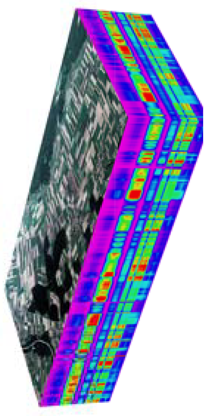Quantum sensing coming
 Big funds are flowing towards an Australian design for tiny sensors.
Big funds are flowing towards an Australian design for tiny sensors.
Australian start-up Nomad Atomics, founded by a team of atomic physicists from the Australian National University (ANU), has successfully raised $12 million in funding for its miniaturised quantum sensors designed for mining, underground resource exploration, and navigation.
The trio of founders, Kyle Hardman, Paul Wigley, and Christian Freier, decided to commercialise their research in precision measurement, a niche subfield of atomic physics, after their post-doctoral project at ANU.
They raised $2 million in seed funding in 2020, followed by a $10 million pre-series A round led by Blackbird, with participation from Right Click Capital.
The focus of Nomad Atomics has been to develop quantum sensor technology small enough to be used outside of a laboratory setting.
The co-founders have spent the past three years working on shrinking the size of quantum sensors, which typically occupy entire rooms in lab settings.
Their goal is to make the technology more practical and applicable to everyday industries.
The company's flagship product is a quantum gravimeter, measuring the acceleration of gravity, which is small enough to be easily moved around for surveys.
By providing services such as feasibility studies and mapping, Nomad Atomics generates revenue from its devices.
The company has already secured its first customers in the underground mining, resource exploration, and water utilities sectors.
Quantum sensors offer more precise measurements compared to classical sensors, which can be affected by changes in temperature or device ageing.
Quantum sensors rely on the unchanging properties of atoms, ensuring greater accuracy and stability.
Nomad Atomics plans to use the fresh funding to expand its operations, manufacture more devices, and grow its sales team.
Additionally, the company intends to invest in the research and development of two new prototype sensors.
As part of its growth plans, Nomad Atomics will relocate from Canberra to Melbourne and aims to hire over 20 new employees.
The start-up also has ambitions to explore markets such as CO2 sequestration and navigation, leveraging its unique quantum sensor technology.







 Print
Print